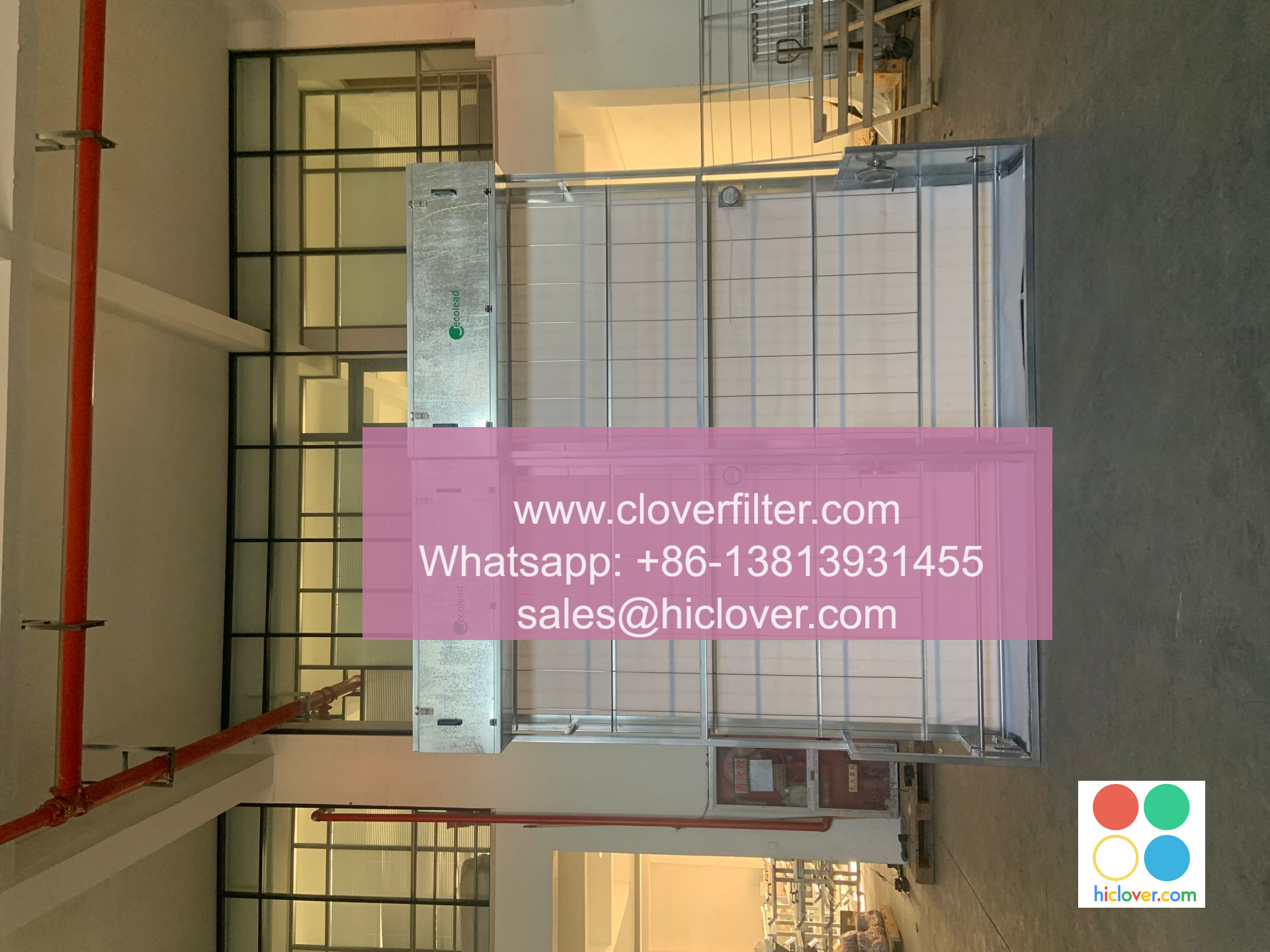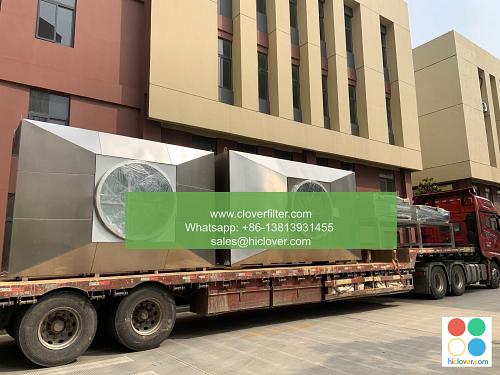Understanding the Difference Between HEPA and High-Efficiency Air Filters for Industrial Use

The use of air filters in industrial settings is crucial for maintaining a clean and healthy environment, free from airborne contaminants and pollutants. Two popular types of air filters used in industrial applications are HEPA (High Efficiency Particulate Air) and High-Efficiency air filters. While both types of filters are designed to capture airborne particles, there are significant differences between them in terms of their filtration efficiency, application areas, and maintenance requirements.
What are HEPA Air Filters?
HEPA air filters are designed to capture 99.97% of particles as small as 0.3 microns, including dust, pollen, mold spores, and other airborne contaminants. These filters are typically used in industrial applications where high levels of air purity are required, such as in pharmaceutical manufacturing, hospital operating rooms, and food processing plants. HEPA filters are also used in cleanrooms and laboratories where the presence of airborne particles can compromise the integrity of sensitive equipment and experiments.
What are High-Efficiency Air Filters?
High-Efficiency air filters, on the other hand, are designed to capture a higher percentage of particles than standard air filters, but may not meet the same level of filtration efficiency as HEPA filters. These filters are often used in industrial applications where high levels of air purity are not critical, such as in warehouse facilities, manufacturing plants, and office buildings. High-Efficiency air filters are also used in HVAC systems to improve indoor air quality and reduce the risk of airborne illnesses.
Key Differences Between HEPA and High-Efficiency Air Filters
The key differences between HEPA and High-Efficiency air filters lie in their filtration efficiency, application areas, and maintenance requirements. HEPA filters are more efficient at capturing smaller particles and are typically used in applications where high levels of air purity are required. High-Efficiency air filters, while still effective at capturing airborne particles, may not meet the same level of filtration efficiency as HEPA filters and are often used in applications where high levels of air purity are not critical.
Application Areas for HEPA and High-Efficiency Air Filters
Both HEPA and High-Efficiency air filters have a range of application areas in industrial settings, including:
* Aerospace engineering: HEPA filters are used to maintain high levels of air purity in aerospace engineering applications, such as in cleanrooms and laboratories.
* Automotive manufacturing: High-Efficiency air filters are used in automotive manufacturing plants to improve indoor air quality and reduce the risk of airborne illnesses.
* Chemical processing: HEPA filters are used in chemical processing applications to capture airborne particles and prevent contamination.
* Food and beverage processing: HEPA filters are used in food and beverage processing plants to maintain high levels of air purity and prevent contamination.
* Pharmaceutical manufacturing: HEPA filters are used in pharmaceutical manufacturing applications to maintain high levels of air purity and prevent contamination.
Maintenance and Replacement Requirements
Both HEPA and High-Efficiency air filters require regular maintenance and replacement to ensure optimal performance and filtration efficiency. HEPA filters, in particular, require regular replacement to prevent the buildup of airborne particles and maintain high levels of air purity. High-Efficiency air filters, while still requiring regular maintenance and replacement, may have a longer lifespan than HEPA filters depending on the application area and usage.
In conclusion, while both HEPA and High-Efficiency air filters are designed to capture airborne particles, there are significant differences between them in terms of their filtration efficiency, application areas, and maintenance requirements. By understanding these differences, industrial facilities can select the most appropriate type of air filter for their specific needs and maintain a clean and healthy environment for employees and equipment. Air filter selection is a critical component of industrial air quality management and can have a significant impact on worker health and safety, equipment performance, and overall productivity. Prompt

